Everyone knows the effects of heat on hair, which dries out, deeply damages, and dehydrates. But what about the cold? Winter is just around the corner, and in some regions, the cold is already well and truly here. So, we decided to take a closer look at the topic to help you prepare your hair for the cold.
Before reading further, it's important to understand the difference between the scalp and hair. The scalp is a living substance, as it's the skin at the base of the hair. It's responsible for the hair's health. Hair itself, on the other hand, is dead matter.
The impact of cold on our hair
Cold has a beneficial effect on the scalp. According to some studies, applying cold to the scalp can reduce hair loss. It is sometimes used during chemotherapy. (1) In fact, using a helmet, cold is applied to the scalp to reduce hair loss during treatment.
Cold is also known to improve blood circulation. Good blood circulation to the scalp helps stimulate hair growth and promote stronger hair. It's also recommended to finish your shower with cold water because it stimulates blood circulation to the scalp and therefore maintains healthy hair.
Hair, on the other hand, is not affected by the cold because it is a dead material, as we mentioned above. On the other hand, there is indeed a risk of hair breakage when we go outside with wet hair in cold weather.
Indeed, at low temperatures, the water around your hair can freeze and break strands. For this reason, it is important to dry your hair thoroughly before going outside in winter.
Protecting your hair in winter
Scarves and other sweaters made of synthetic materials also cause friction, which can cause electrostatic discharge in the hair, especially in cold, dry weather. This is the phenomenon that causes our hair to float slightly and stick to our clothing.
To avoid this phenomenon, prevent tangling, and protect hair from friction, a simple tip is to make a loose braid or bun so as not to damage the hair.
Ultimately, winter isn't the most aggressive time for hair. However, it's important to take simple precautions, as mentioned in the article, to take care of your hair this season and shine at the end of the year!
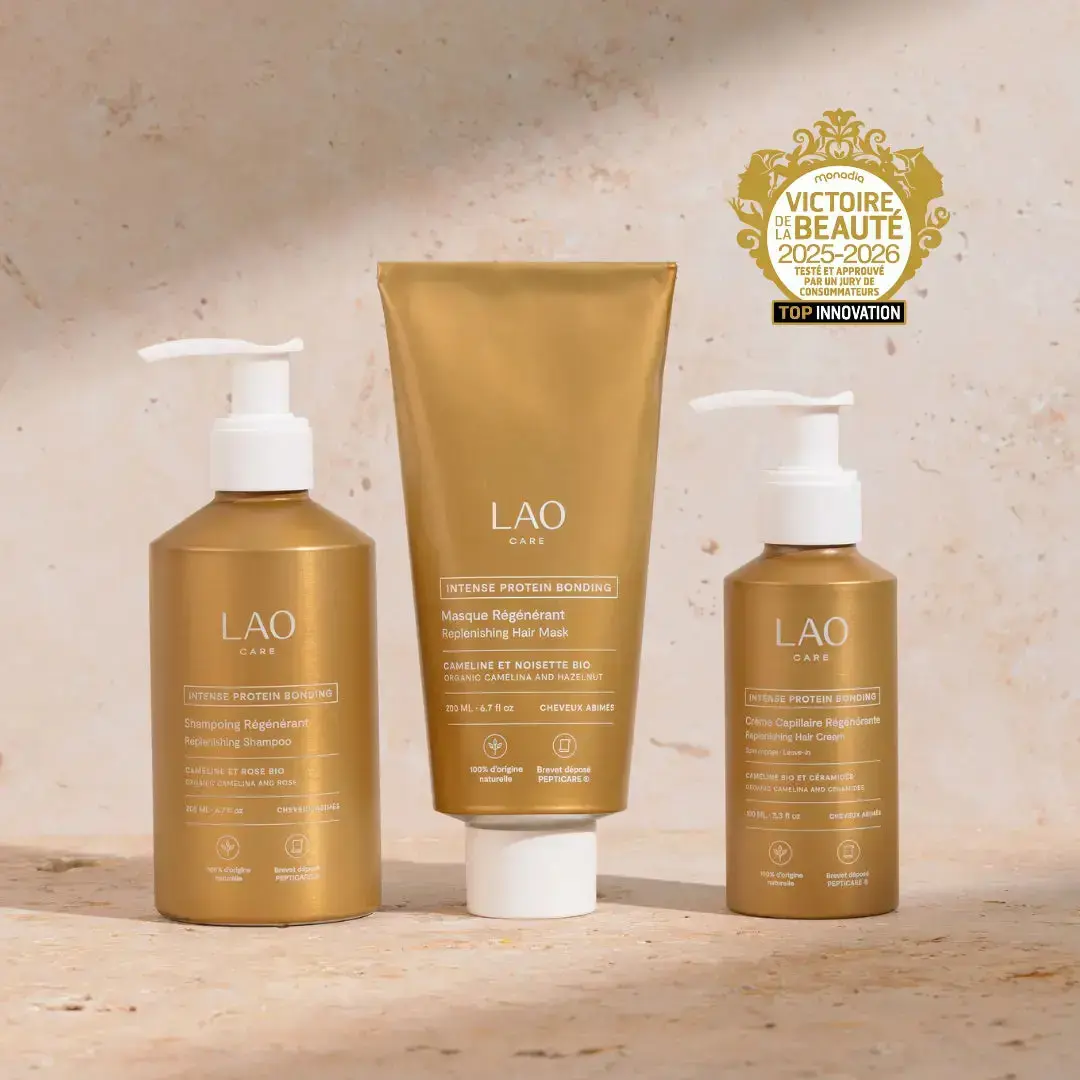
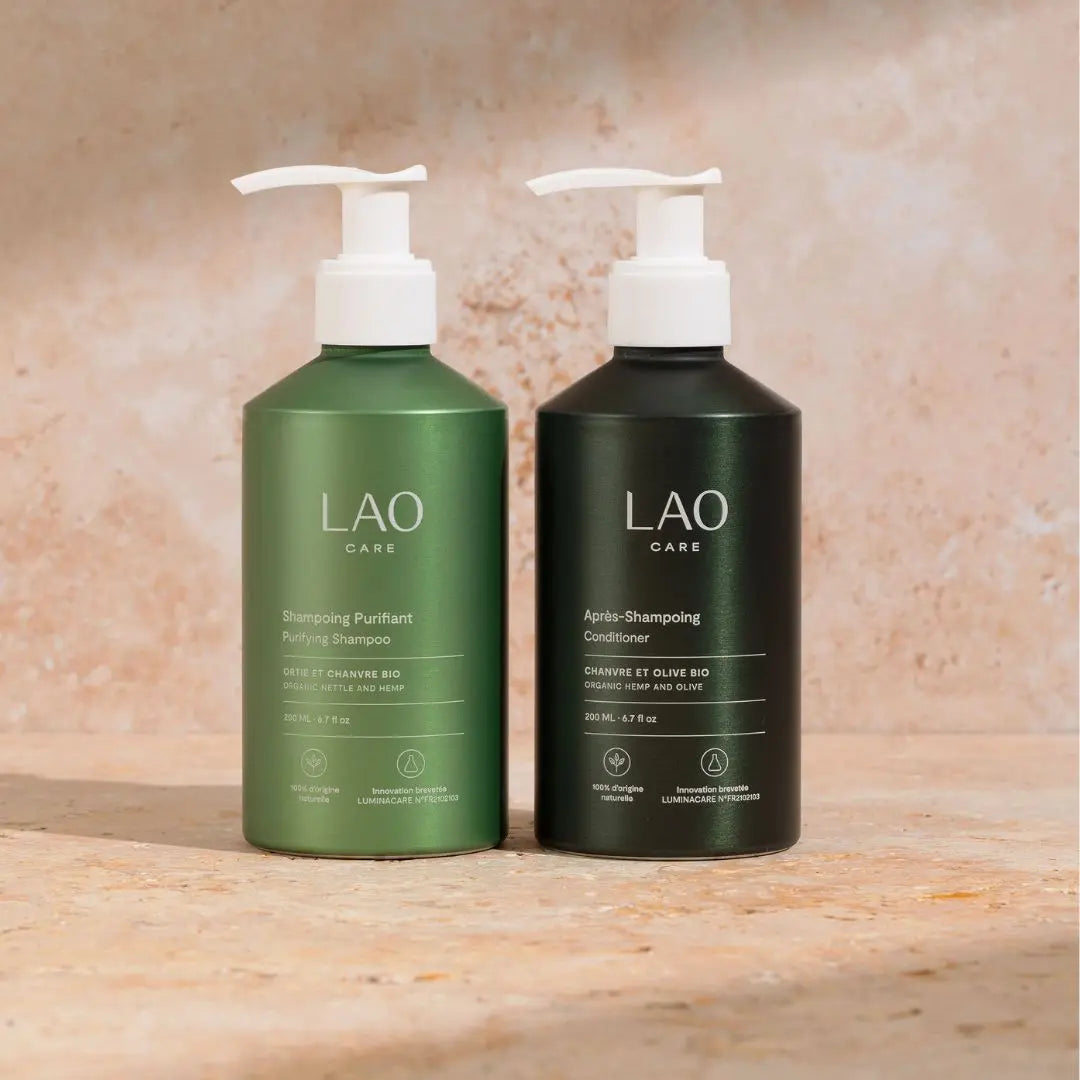
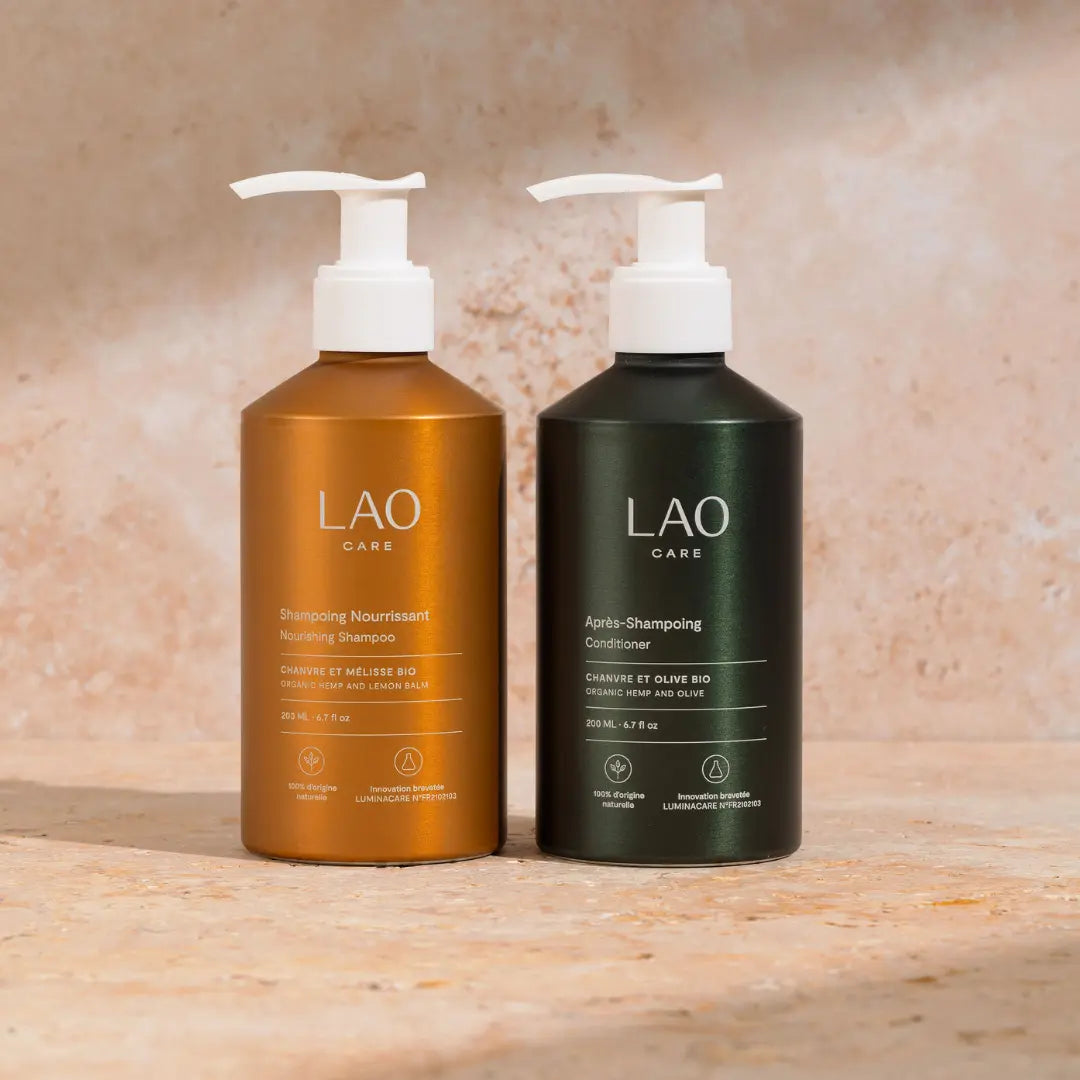
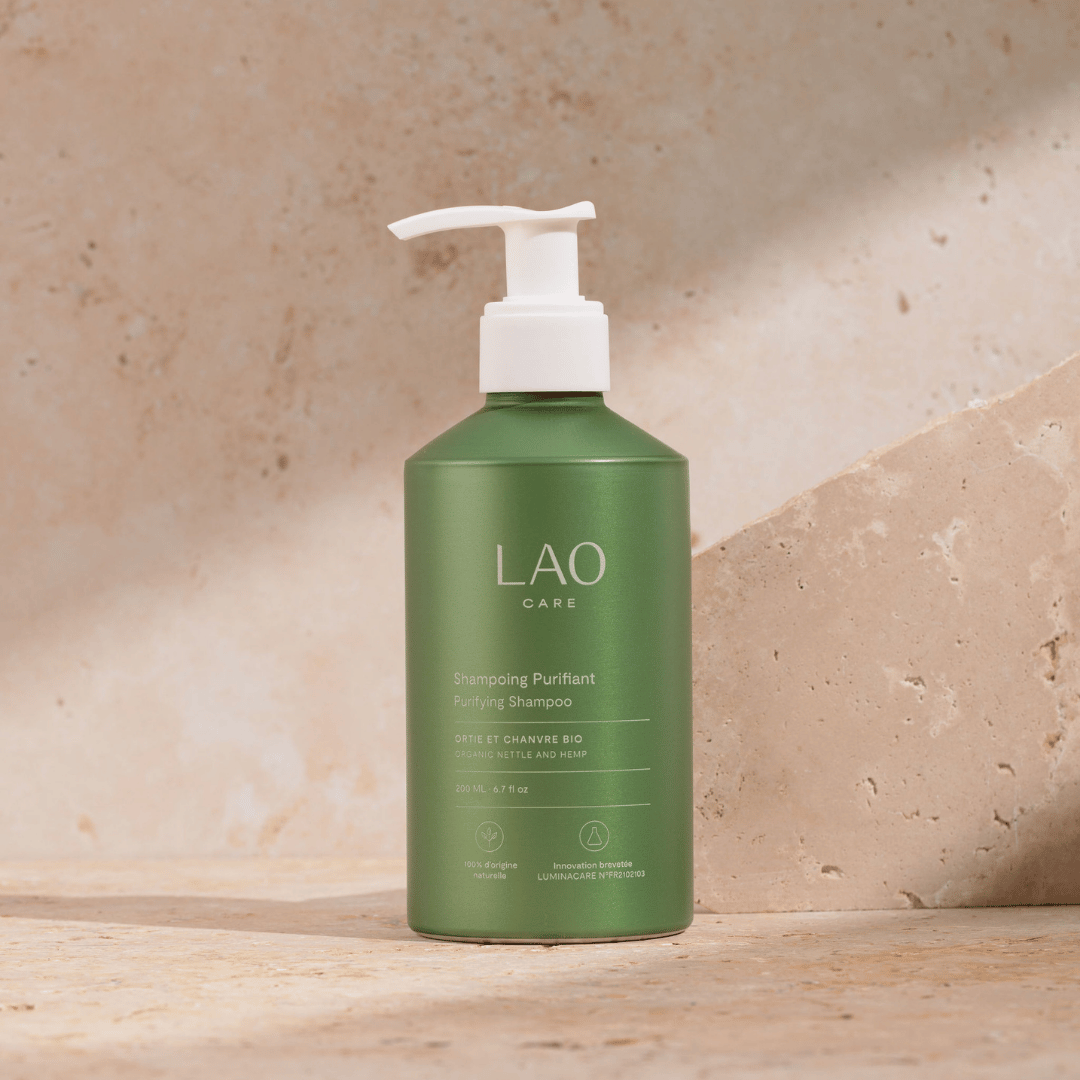
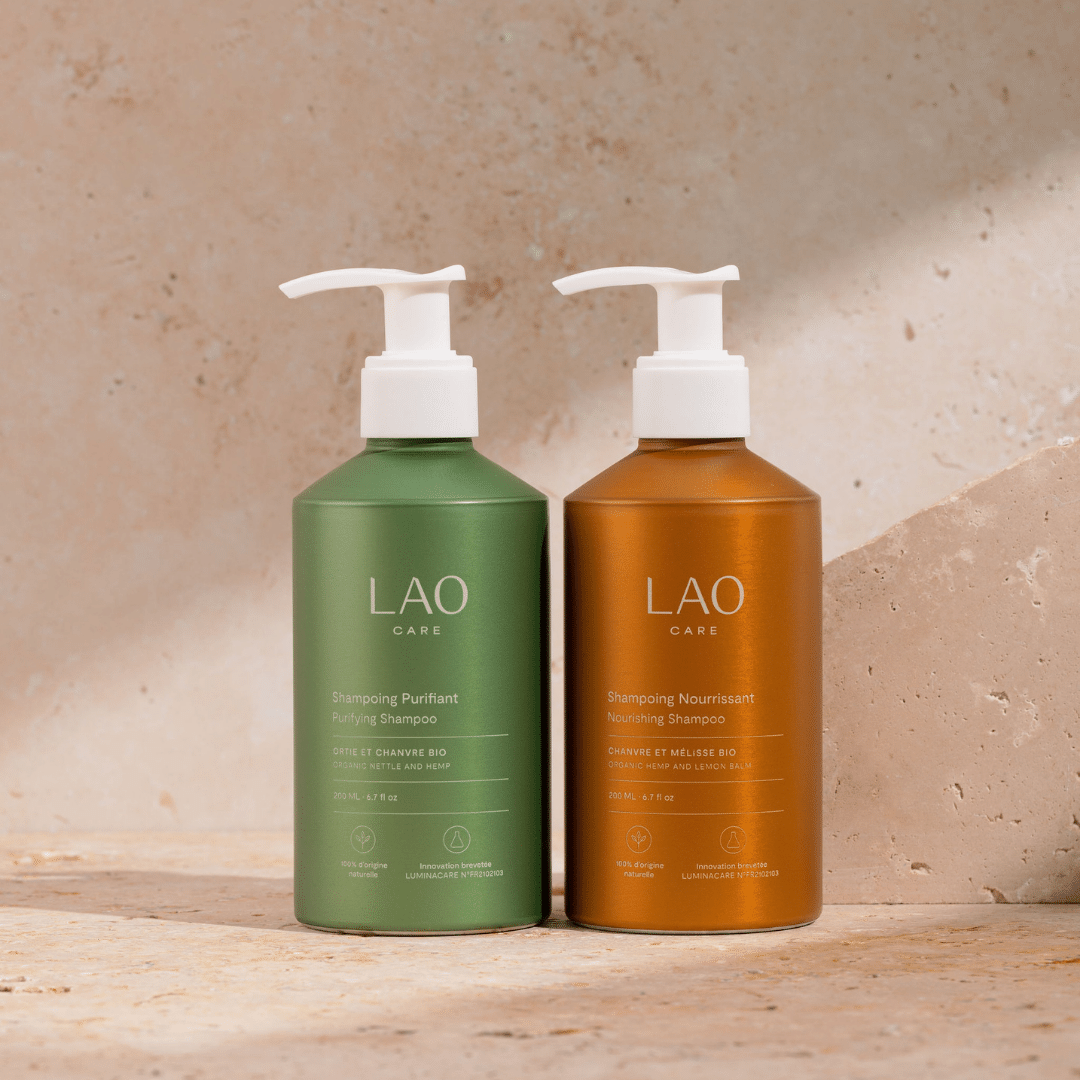

Leave a comment